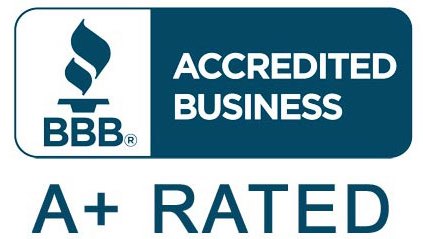Highly Trained Caregivers - Why our caregivers are better
We are pleased and excited to be working with one of the leading Educational Institutions for Caregivers in the US to educate our highly trained caregivers. Will are committed to offering only the best, most skilled and reputable candidates to our clients. To do this, we start with rigorous screening and hiring practices. But, to really ensure that every caregiver is consistent in their care, and sensitive to our clients' needs, we try to make sure that each and every one has completed our 61-hour Highly Trained Caregivers training program. If you have recently been hired by CWC, welcome aboard! Be proud of being selected to the CWC team. We have turned down many to find you. You have been given instructions on how to complete the training.
If you are considering becoming a team member, or using our wonderful caregivers, here is the course listing of our training program. Please feel free to contact us with any questions you have about this.
PCA Course Outline
Note: Each section within a module is 1-2 hours in length. Total Personal Care Aid Certificate course is 40 hours in length. In addition, our caregivers complete the intensive Alzheimer's, Memory and Dementia training program, which is an additional 23 hours, and can be viewed below. (Our training program is constantly being reviewed. In addition, we do not update our static website regularly. Therefore, caregiver training and the contents of the training is subject to changes without notice.)




